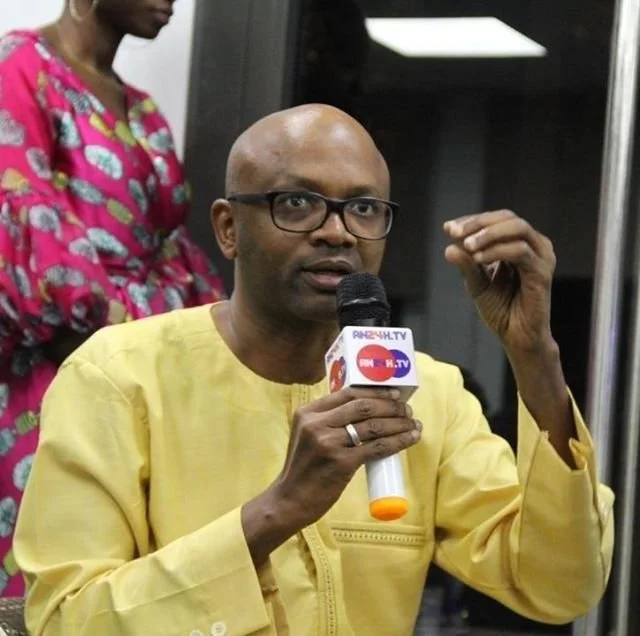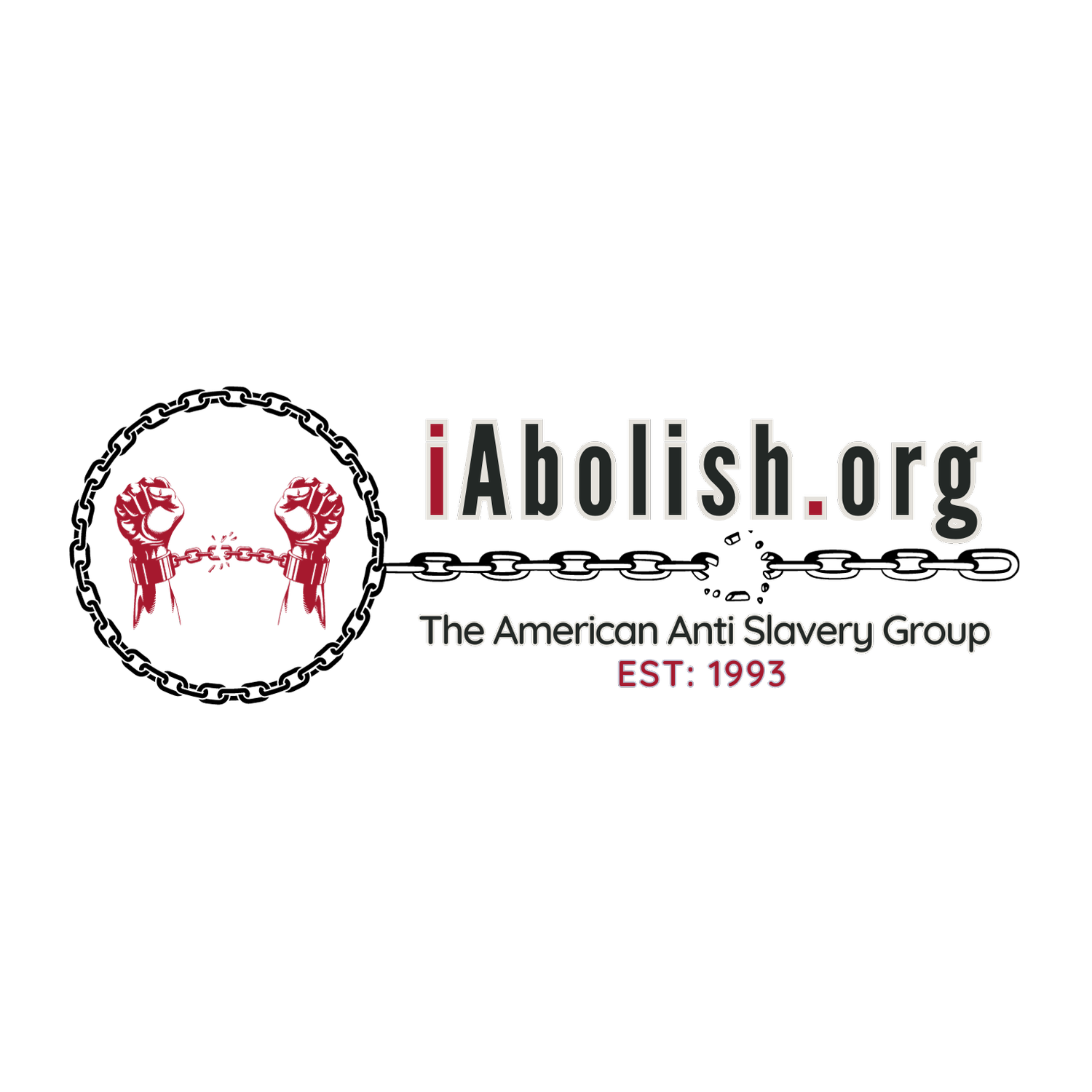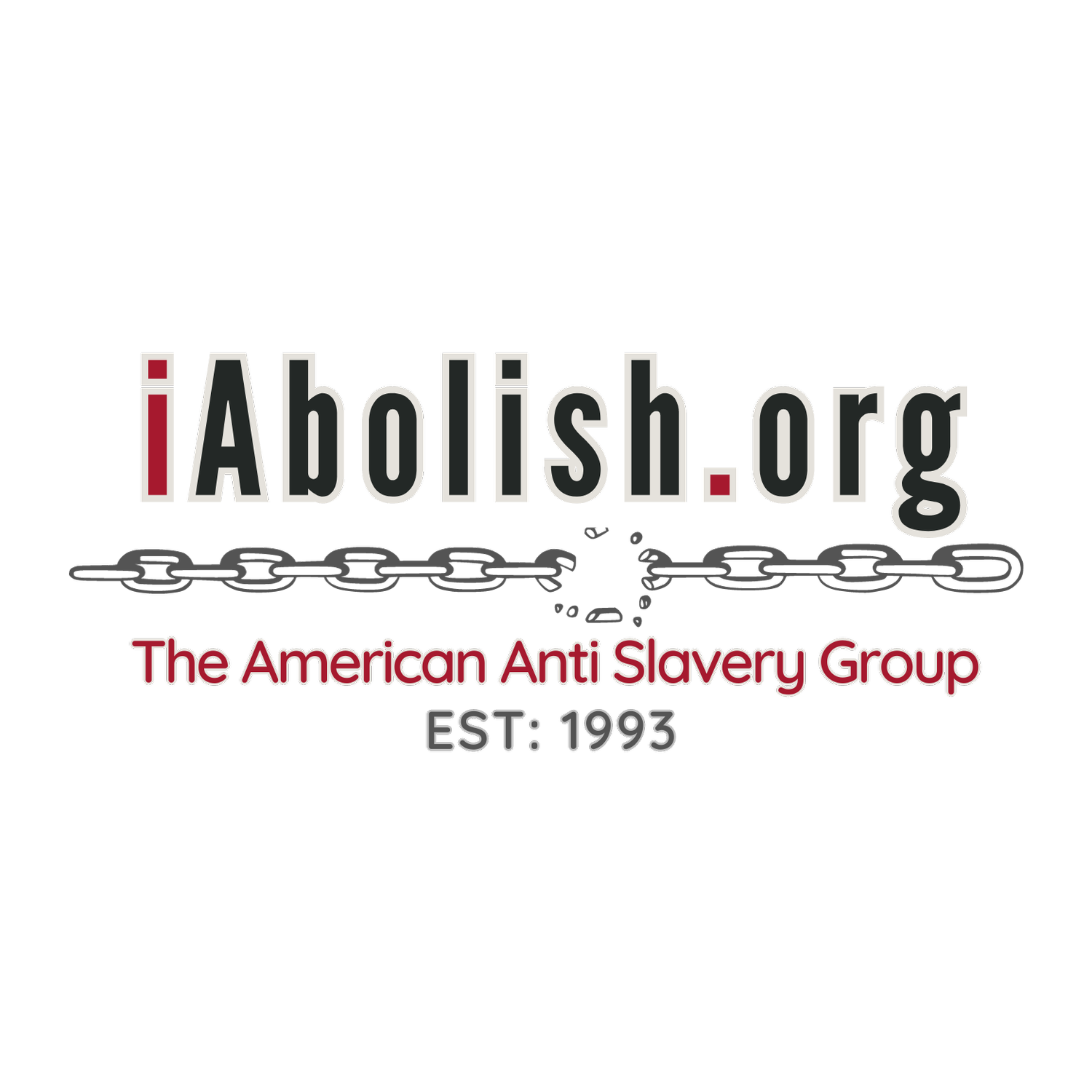
The American Anti-Slavery Group’s speakers give talks at venues across the country to raise awareness of modern-day slavery in Africa.
If you would like to book one of the American Anti-Slavery Group’s speakers for an event in your community, please contact us here.
-

Francis Buk
Francis Piol Biol Buk is an escaped Sudanese slave and modern-day abolitionist. He played an instrumental role in convincing the United States government to push for a peace agreement which ended Sudan’s second civil war (1983 – 2005) and provided for South Sudan’s 2011 referendum on independence.
Born into a wealthy family of Christian Dinka cattle herders in a small South Sudanese village in Aweil Province, Francis grew up with loving parents and few worries. On May 15, 1986, however, seven-year-old Francis was selling eggs and beans near his village when Arab militia stormed the marketplace in Nyamlell, slaughtering men and rounding up women and children. Strapped to donkeys, Buk and other children were taken to northern Sudan and sold into slavery.
For 10 years, Buk was the property of an Arab master — he slept with animals and endured grueling labor, constant beatings, humiliation, racial abuse, and was forcibly converted to Islam. He was given the Muslim name Abd ar-Rahman and was taunted as abid, a “black slave.”
After two failed attempts, one of which very nearly cost him his life, Francis escaped in December of 1996 and finally made his way to America in 1999 as a refugee via Khartoum, and then Cairo.
Buk was the first escaped slave to testify before the United States Senate Foreign Relations Committee. He met with President George W. Bush, Madeleine Albright, Condoleezza Rice, and many other American leaders, educating them about the plight of modern-day slaves. He was honored by the U.S. Olympic Committee and the Boston Celtics. He spoke alongside the late Coretta Scott King, widow of Dr. Martin Luther King, Jr., at the Boston Freedom Award ceremony honoring the AASG in 2000, headlined a panel discussion on slavery at Harvard’s Kennedy School of Government, and has spoken at Harvard Law School.
Buk’s autobiography, Escape from Slavery, published by St. Martin’s Press in 2003, received wide critical acclaim. He has been featured in the Boston Globe, Christian Science Monitor, Wall Street Journal, NPR, and many other publications. He has appeared on numerous radio and TV shows including BET, CNN, and Fox 25 News.
-

Dr. Charles Jacobs
Dr. Jacobs is co-founder and president of the American Anti-Slavery Group. In 1993, along with Christian and Muslim Africans, Jacobs founded the AASG in response to the mainstream human rights community’s unwillingness to confront modern-day black slavery in Africa.
Between 1995 and 2005, Jacobs and the AASG brought international attention to the enslavement of tens of thousands of mostly Christian Africans in Sudan by raiders the Arab government in Khartoum would send to wage a “holy war” against the black, non-Muslim south.
Jacobs helped force New York City to no longer invest public employees’ pensions in Sudanese oil, built coalitions with black American clergy and politicians, staged protests and press conferences, and testified on Capitol Hill three times (in 1996, 1999, and 2000).
On September 18, 2000, Coretta Scott King and former Boston Mayor Thomas Menino presented Charles with the first ever Boston Freedom Award for his abolitionist work.
On October 21, 2002, Jacobs and other abolitionists were invited to the White House to witness the signing by President Bush of the Sudan Peace Act. The AASG was instrumental in influencing the Bush administration to change U.S. policy on Sudan, and enforcing a North-South peace treaty in 2005 which ended the slave raids and eventually led to the creation South Sudan — the world’s newest nation — in 2011.
Jacobs also personally flew illegally into Sudan several times on rescue missions conducted by the human rights organization Christian Solidarity International in which thousands of slaves were freed. In 2011, he brought along a Boston rabbi to witness the freeing of 175 slaves on Passover.
Jacobs has been published in the Boston Globe, New York Times, Wall Street Journal, and has written a section on modern-day slavery in the Encyclopedia Brittanica. He has also appeared on CNN, NPR, and PBS.
-

Abda Wone
As one of the leading human rights activists in his home country of Mauritania, Abda Wone has been involved in fighting against slavery, racism, and dictatorship while promoting human rights, good governance, and peace for more than 20 years. In 1989, at the age of 16, his family, among thousands of black Mauritanians, were forced to leave their country for Senegal and Mali. Prior to being resettled in the United States in 2000, he was a reporter for the Senegalese newspaper Sud Quotidien.
In November of 2018, he joined the pan-African organization TrustAfrica as communications officer. He is an experienced journalist and a strategic communications specialist who has been engaged in a full spectrum of communications roles and activities for over two decades, both within and outside of Africa. He has worked with key players, sectors, and organizations implementing programs for the benefit of the African social science community, and for the people of Africa at large. Prior to joining TrustAfrica, he was the head of the communication unit of CODESRIA (the Council for the Development of Social Science Research in Africa) for seven years (2011 – 2018).
Wone received a Bachelor’s degree in International Studies and Political Science at SUNY Buffalo (summa cum laude), graduate degree in Journalism and Communications (DESJ) from ISSIC University in Benin, and a Master’s Degree in International Affairs from the School of International and Public Affairs (SIPA) at Columbia University.

